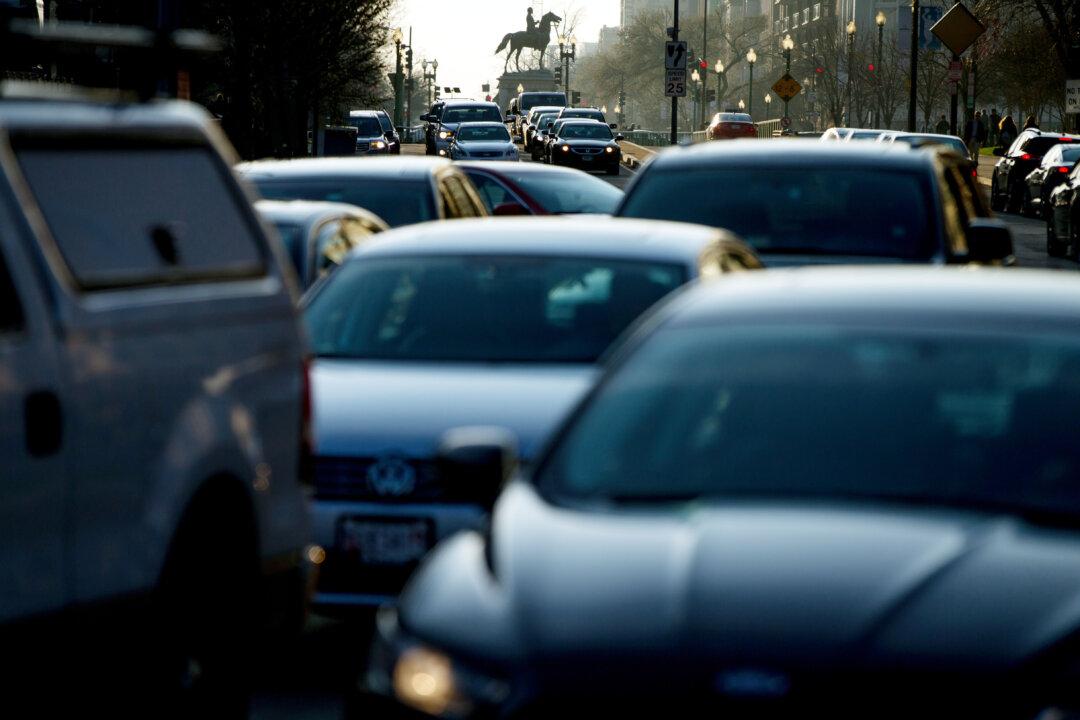A new advertising campaign is underway in South Australia to encourage elderly road users to question whether they are still fit to drive after statistics have shown they are over-represented in serious injuries and lives lost on the state’s roads.
The mass media campaign, developed by the South Australian Police (SAPOL) Media Road Safety Unit, titled “Don’t Stop Driving By Accident,” aims to educate senior drivers and their families to be alert to signs of increased vulnerability on the road and recognise when it might be time to leave the car in the garage.





